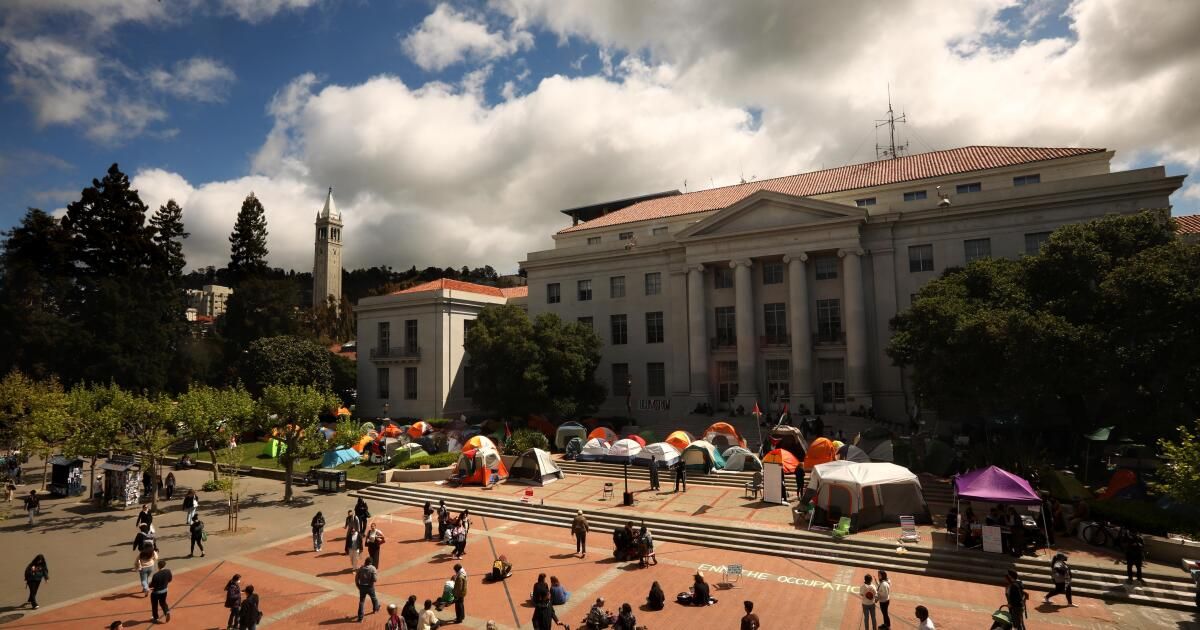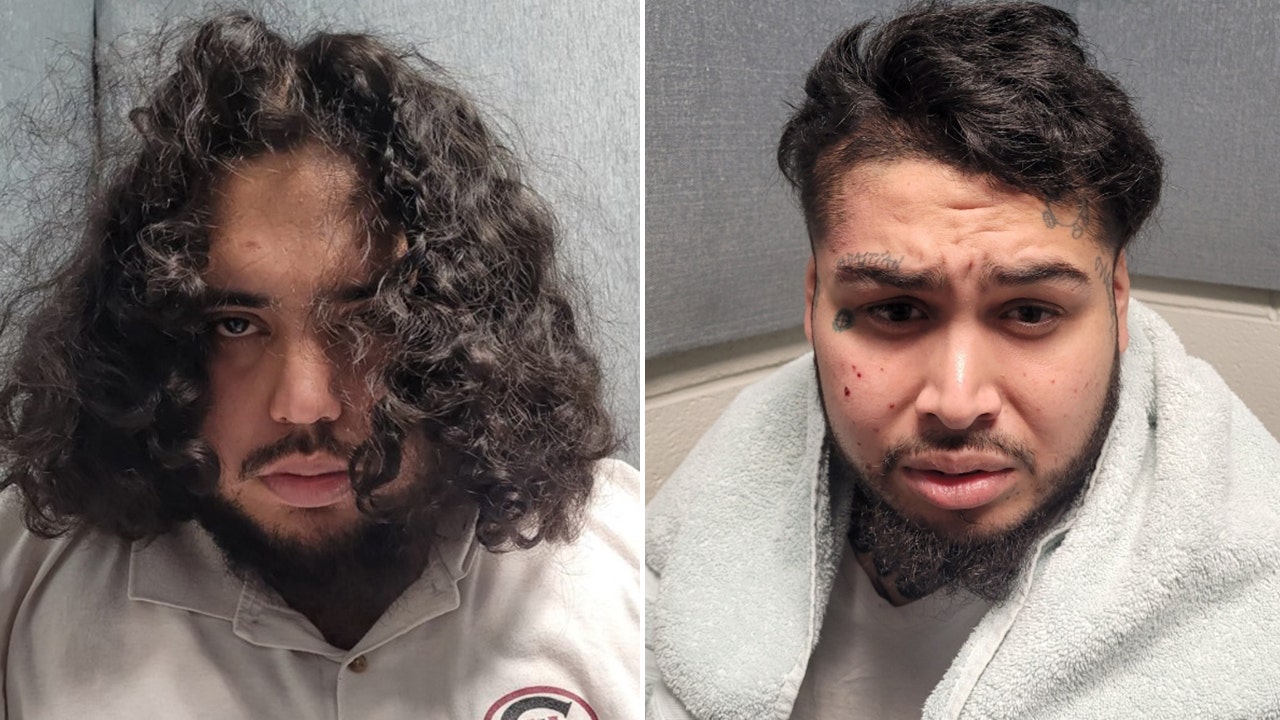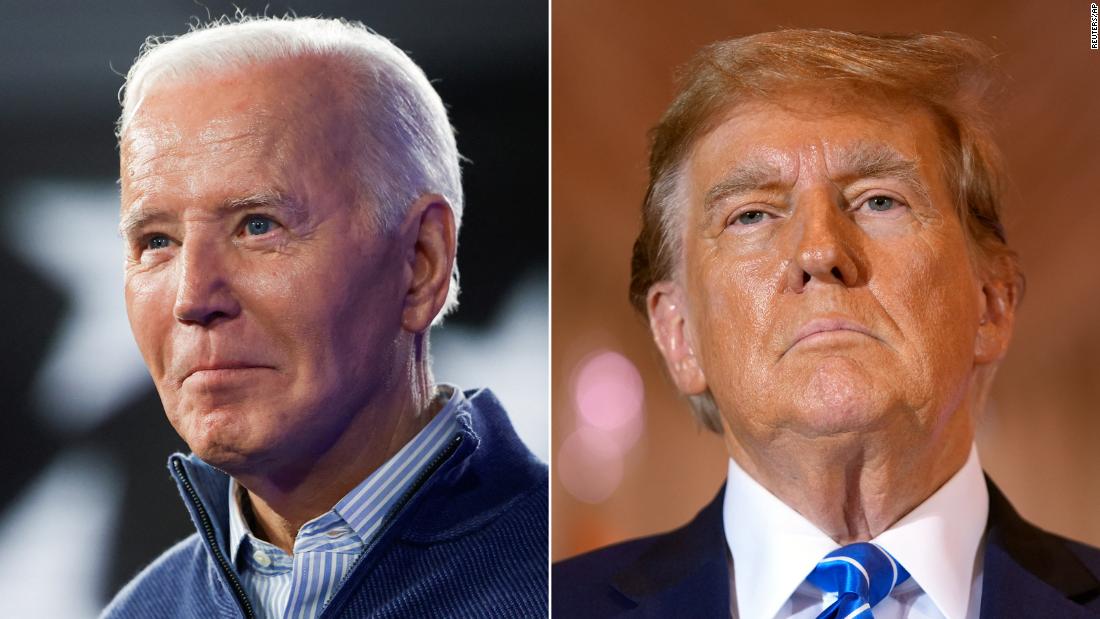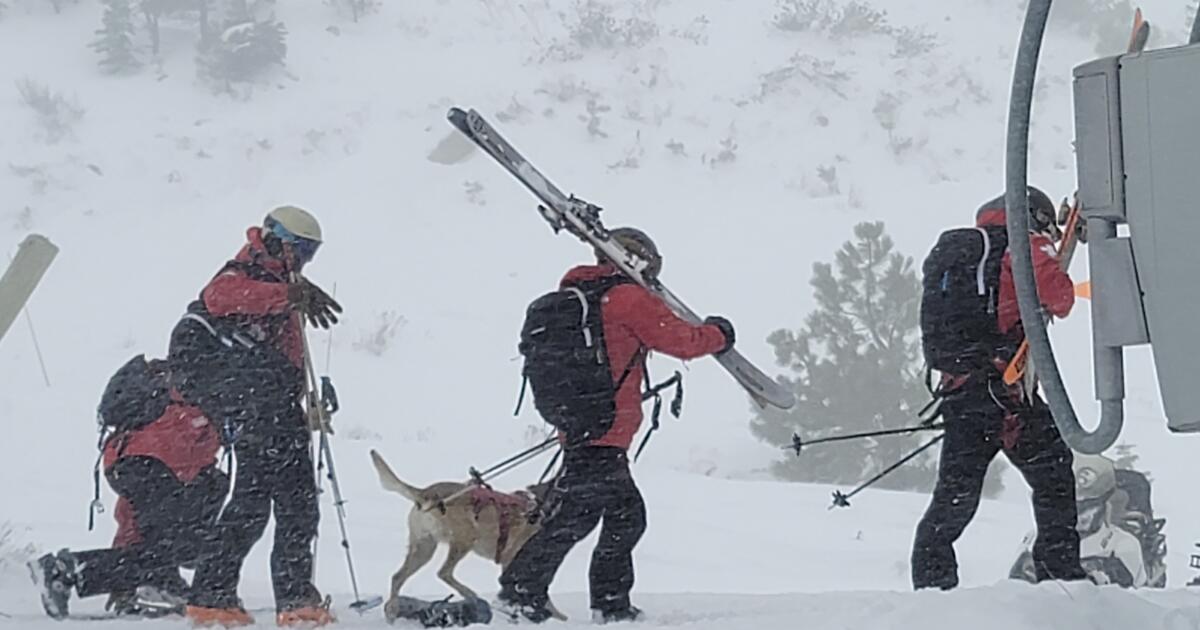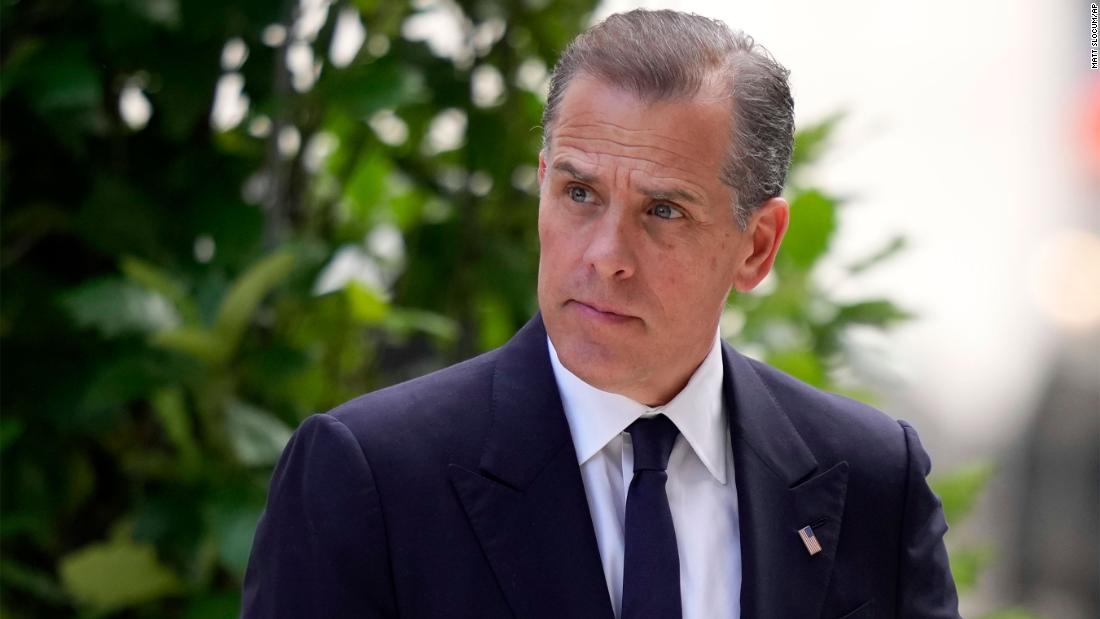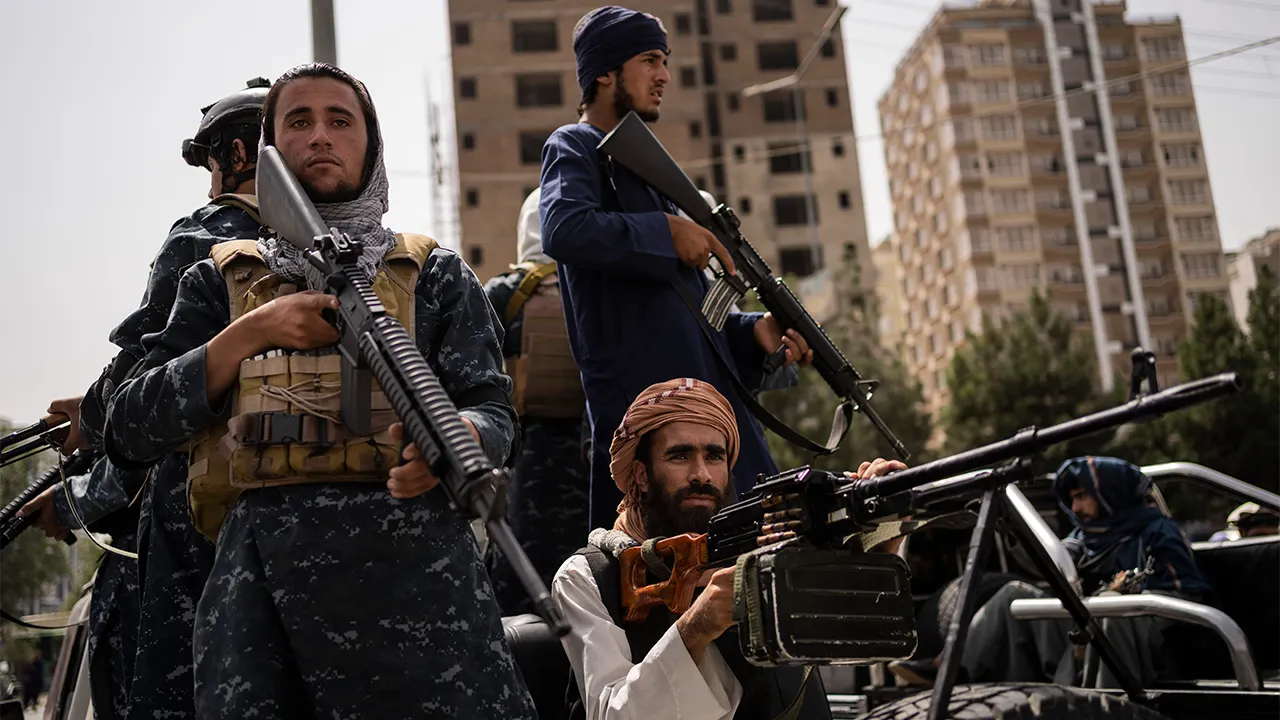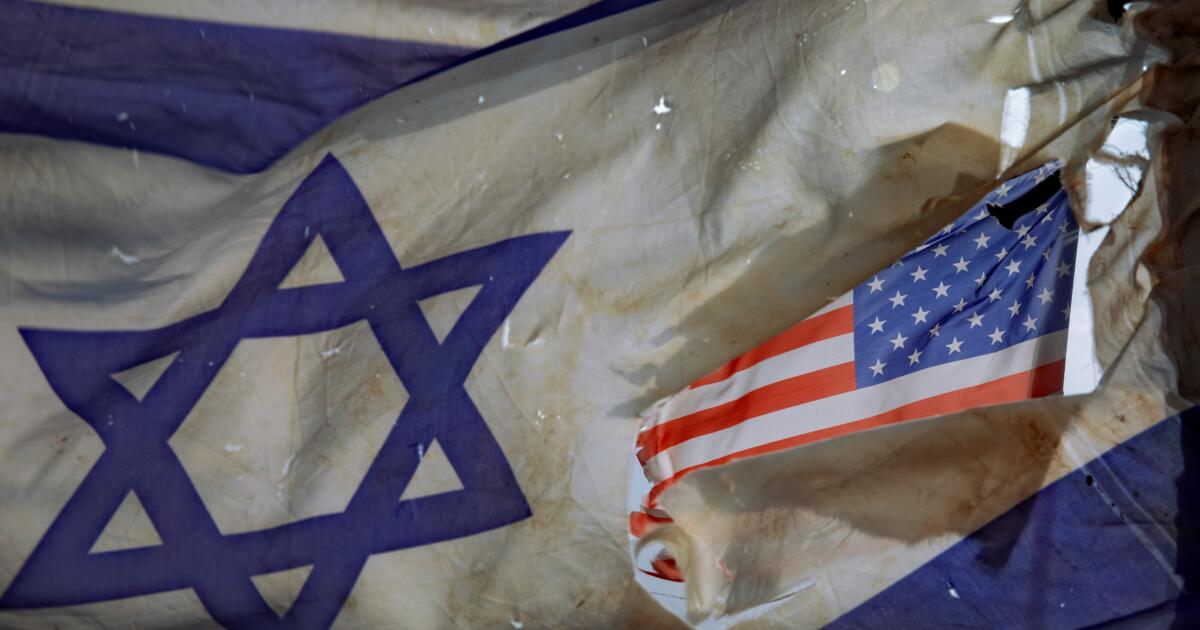UC Berkeley Chancellor Carol Christ opened her remarks at the university's commencement ceremony Saturday by addressing recent student protests on campus with a long and deeply influential legacy of student activism.
“I am saddened by how this conflict has divided students, faculty and staff,” Christ said. “While most of our university community has engaged peacefully, political positions have too easily and quickly bled into anti-Semitism and anti-Palestinian harassment.”
“We have lost the ability to talk to each other,” he added. “I hope that soon we can find a way to recognize our shared humanity.”
Whistles and applause echoed through the crowd gathered at California Memorial Stadium. Finally, when some people began to sing and shout, Christ continued his comments above all the noise. A few minutes later, Sunny Lee, the university's dean of students, asked the crowd to calm down.
“If you continue to disrupt the event,” Lee said, “we will make you leave.”
A live stream of the event showed several law enforcement officers walking quickly behind the podium. A few minutes later, as louder chants began to echo through the crowd, including a chorus of “Hey, hey, ho, ho, the occupation has to go!” —Lee asked for silence again.
Moments later, the live stream of the event cut out for several minutes and instead music, including Journey's “Don't Stop Believin',” played in the background.
Since the start of the war between Israel and Hamas, universities across the state and nation have struggled with how to respond to both protests on campus and student comments about the war on off-campus sites and online. .
In April, a dinner for UC Berkeley graduate law students at a dean's home led to a tense confrontation and accusations of anti-Muslim and anti-Jewish hatred, a scene that captured national headlines after a video of the dean yelling at a student: “Please go. No. Please leave.”
Later that same month, Dan Mogulof, associate vice chancellor of the university, issued a statement saying that UC Berkeley would “take whatever steps are necessary to ensure that the protest does not disrupt university operations.”
At USC, President Carol Folt's decision to terminate the valedictory speaker position after undisclosed threats sent the campus into two full weeks of protests and controversy. Many classes were moved online and the university canceled its main stage ceremony, instead offering an alternative celebration at the Los Angeles Memorial Coliseum.
On Friday, Asna Tabassum, the Muslim student whose speech was canceled amid controversy over her pro-Palestinian views, received her diploma during the Viterbi School of Engineering's graduation ceremony. With a sash displaying her academic achievements, including her specialization in genocide resistance, Tabassum smiled and her entire class and some spectators stood up to applaud her.
Earlier this month, amid questions about why UCLA was so ill-prepared to stop a recent attack on a pro-Palestinian camp formed in the heart of campus, the university announced it had launched an internal investigation and implemented new screening procedures. security.
And Pomona College, where last month police in riot gear arrested several people occupying the university president's office, recently announced that it would move its Sunday graduation ceremony to the Shrine Auditorium in Los Angeles.
But Berkeley plays an exceptionally long and influential role in the history of campus protests.
In the winter of 1964, students protesting restrictions on free speech occupied Sproul Hall on campus, and at one point thousands of students surrounded the police car in which a student leader had been detained.
The protests raged for months, garnering national headlines, and eventually many of the restrictions were lifted, a step that paved the way for later movements opposing the Vietnam War and in support of environmentalism and women's rights. A decade ago, the campus that once tried to censure many of the student leaders invited them back to campus, praising them as heroes.
In May 1969, on the sixth day of demonstrations over plans to develop land known as People's Park, then-Gov. Ronald Reagan called in more than 2,000 National Guard soldiers and hundreds of highway patrolmen, who arrived on campus with weapons. A helicopter flew over the area and fired tear gas at the protesters.
More than half a century later, Gov. Gavin Newsom has taken a decidedly different approach, largely staying in the background as universities across the state struggle to respond to the current protests.
During Berkeley's graduation on Saturday, momentum grew among a group of protesters who gathered in part of the stadium. Dressed in caps and gowns, some carried Palestinian flags and others waved black and white keffiyehs in the air. In video clips published on X for him San Francisco Chronicle, protesters chanted “End, end of the occupation!” and “Free Palestine!”
At the beginning of the ceremony, Sydney Roberts, student body president, addressed the crowd and said that, like many others gathered, she had chosen the university for its academic excellence but also for being part of a place that strives to mark a difference in the world. world.
As Roberts spoke, some shouting was heard from the crowd and finally Lee, the dean of students, walked to the lectern and interrupted.
“Many see your pain. We hear you,” Lee told the crowd members who were chanting earlier, again asking them to be quiet out of respect for the student body president. Roberts returned to the microphone.
“This wouldn't be Berkeley without a protest,” he said.

